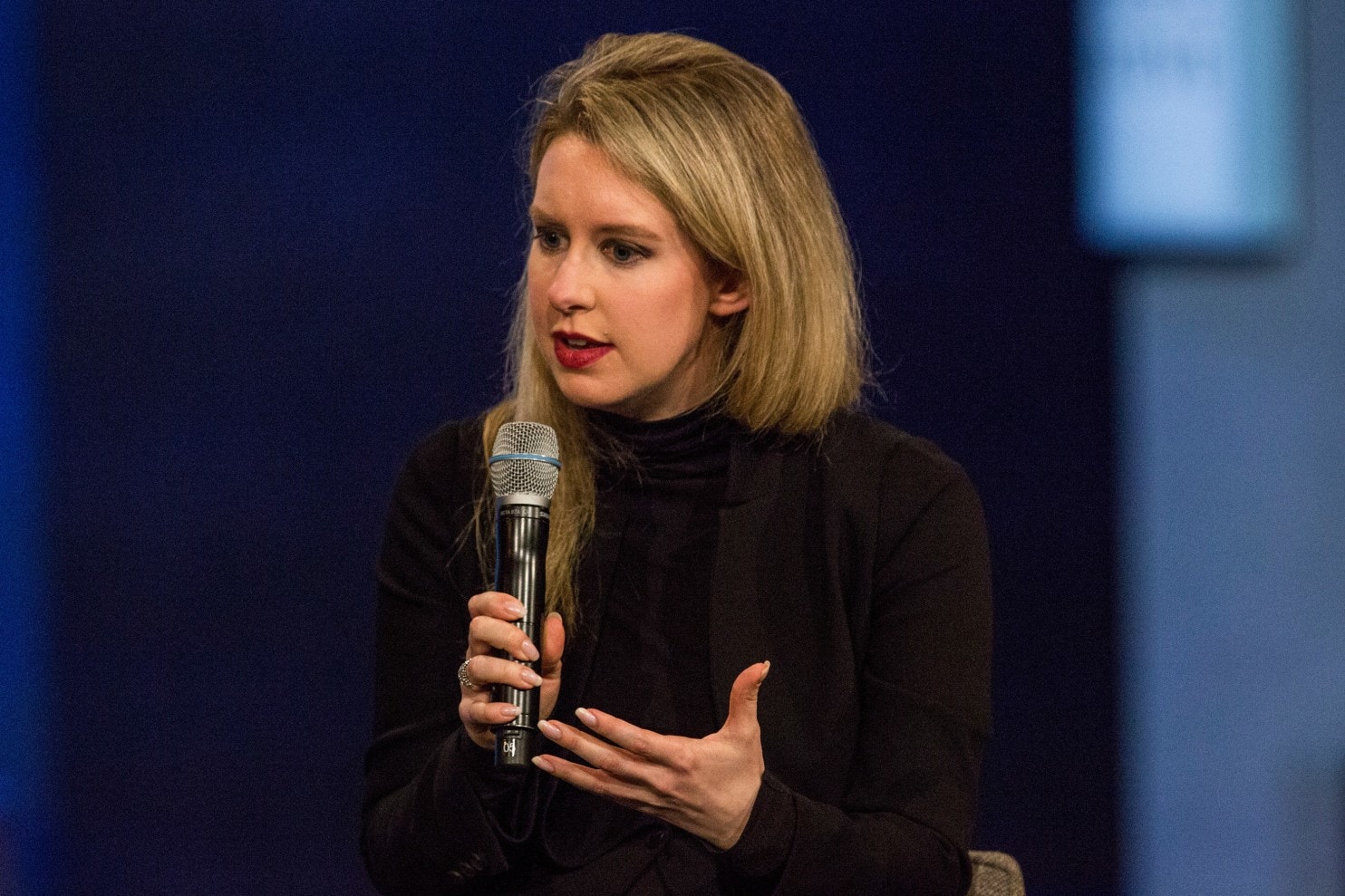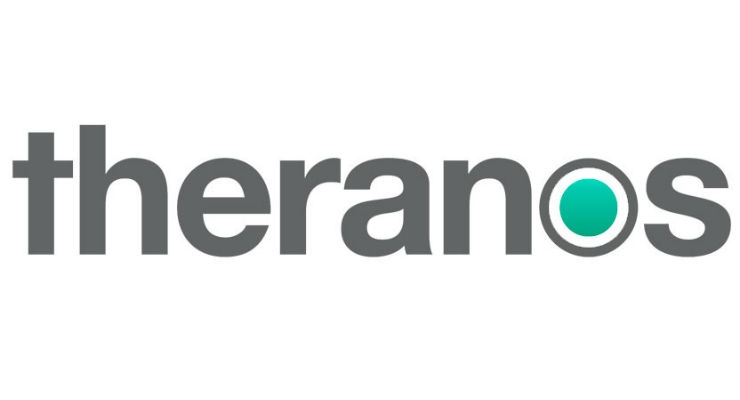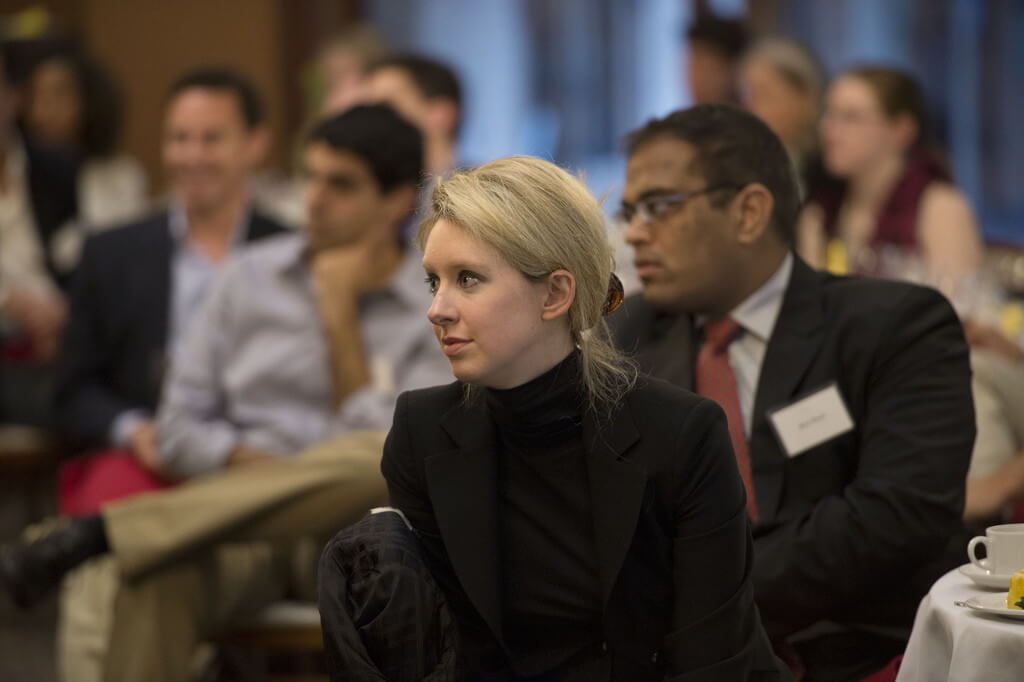Theranos’ “Fake it ‘till you Make it” Culture was not a Good Idea
The Theranos story is a spectacular example and an important lesson for innovators to tell investors the truth about what their technology can really do!
The Silicon Valley start-up Theranos has proven to be the biggest embarrassment for the sector of private health-care investment. Its founder, Elizabeth Holmes, and the former president, Ramesh “Sunny” Balwani, have been recently charged by the Securities and Exchange Commission (SEC) with a massive fraud involving more than $700 million!
Elizabeth Holmes launched the company in 2003 at the age of 19 after dropping out of Stanford University; her aim was to create more efficient and cheaper alternatives to traditional medical tests.
Holmes and her partners had managed to raise more than $700 million from investors, posting annual sales of over $70 billion just in the market of the US. In addition, its reputation was being inflated with the help of some high-profile figures such us Henry Kissinger, George Schultz, William Perry, Bill Frist, and Sam Nunn (all were once board members). Company representatives alleged that its technology was revolutionary because they had “reinvented” the laboratory blood testing industry by using “revolutionary finger-stick technology.”
In addition, its reputation was being inflated with the help of some high-profile figures such us Henry Kissinger, George Schultz, William Perry, Bill Frist, and Sam Nunn (all were once board members). Company representatives alleged that its technology was revolutionary because they had “reinvented” the laboratory blood testing industry by using “revolutionary finger-stick technology.”
Theranos was viewed by both investors and media as a breakthrough in the huge blood testing market until the downturn occurred in October of 2015 when Wall Street Journal’s Reporter John Carreyrou uncovered the fraud.
He challenged the validity of the technology that had been used, and also brought into question the company’s testing methods. The newspaper reported that Theranos was merely using traditional blood testing machines, such as Siemens, to run its tests, and also that the company’s Edison machines might be providing inaccurate results.
The company has since been crippled by scandal; it has been forced to cease its blood testing and has to face federal probes and commercial and legal challenges from the US SEC, medical authorities, investors, the state attorney, and former business partners. Walgreens, for example, has filed a $140 million lawsuit against Theranos, accusing them of a breach of contract.
since been crippled by scandal; it has been forced to cease its blood testing and has to face federal probes and commercial and legal challenges from the US SEC, medical authorities, investors, the state attorney, and former business partners. Walgreens, for example, has filed a $140 million lawsuit against Theranos, accusing them of a breach of contract.
The SEC stated that Theranos’ founder Elizabeth Holmes and the former president Ramesh “Sunny” Balwani raised money from investors “through an elaborate, years-long fraud in which they exaggerated or made false statements about the company’s technology, business, and financial performance.”
“Holmes agreed to settle the charges against them,” the SEC has said, ”which means that she has to pay $500,000, forfeit 19 million shares of company stock, and be barred from having a leadership position in any public company for ten years” whereas Balwani did not agree to a settlement.
The question is why Silicon Valley investors ever invested in the first place without having been able to see the technology? The answer is simple; they were captivated by Theranos’ CEO, the photogenic “darling of Silicon Valley.” They completely believed her promise that the new device would give to the US people unlimited control over their health with only a finger prick, so they funded the project thinking that it is was going to be another self-made billionaire success story, such as that of Mark Zuckerberg and Elon Musk.
“There are a handful of people who, whether through vision or communication skills or both, can rally employees and investors and the ecosystem to try and do something big,” said Bryan Roberts, a partner at Venrock who invests in health start-ups. “Arguably she was one of those people.”
This article was exclusively written by DK Consultants for the AMCHAM newsletter.
